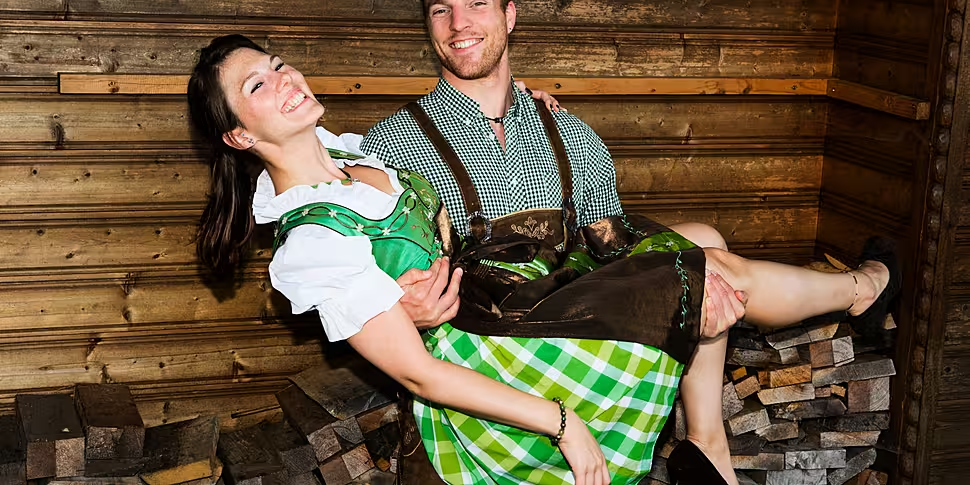The German state of Bavaria has banned the use of gender neutral language in schools and official documents.
Traditionally, all nouns in German have a masculine or feminine gender.
English by contrast is generally gender neutral - although there are some exceptions, such as the words ‘actor’ and ‘actress’ which mean the same thing but also describe the gender of the person as well.
Increasingly, however, some German speakers have adopted gender neutral ways of expressing themselves - much to the horror of traditionalists.
“Effectively, it’s a culture war,” Irish Times journalist Derek Scally told Moncrieff.
“What is a culture war? Jon Ronson, the British journalist and writer, has done a lot of work on this.
“He says culture wars are what people shout about at each other on the internet.”
Gender neutral language is particularly popular with young people and feminists, who argue that women are sometimes made to feel second class by a language structure that prioritises masculinity.
“If say, you’re addressing a group of teachers, are you referring to women as well who might be in the room as well and are also teachers?” Mr Scally said.
“Conservatives say, ‘This is nonsense trying to include everyone and trying to add asterisks and fighting and changing our beautiful German language. This is political correctness gone mad.’
“Then the other side is saying, ‘No, you’re trying to hold back progress and society has always been diverse and we’re just trying to reflect that in the language.’”
'An easy win'
Politically, the drive to put an end to gender neutral language comes from the political right and Mr Scally believes there is a “dog whistle element” to the push.
“The far-right AfD has been pushing this for a long time,” he said.
“It looks on this as an easy win, saying it’s the madness of political correctness and we need to protect our German language from asterisks and underscores.”
There are over 90 million German speakers in Europe.
You can listen back here:
Main image: German man and woman.









